Dozens of new houses on the outskirts of Carnoustie have been given the green light despite 77 objections.
The 57 houses will be a mix of single, one and half, and two-storey detached and semi-detached properties – 14 of which will be in the “affordable” criteria.
The development was unanimously approved by Angus councillors at a development standards meeting on Tuesday.
The houses will be built on the unused Greenlawhill Farm – between Barry and Carnoustie – and the development will include access roads, open space and landscaping.
The project is split into two phases with an initial 29 houses, which will then be followed by a further 28 in the second stage
Councillors voiced their approval of the new homes during the meeting.
SNP councillor Kenny Braes said: “This site has been in the local development plan for many years now and we do of course have a great shortage of housing in Scotland, particularly in the south of Angus.
“I see no reason at all to reject this, I think it’s a very good application.
“Hopefully it will take place soon so people can get homes.”
77 objections
However, there have been 43 objections lodged against the first phase of the proposal.
The second stage – for 28 houses – has also proved controversial with 34 objections, a total of 77 objections for the project as a whole.
Concerns raised include the loss of agricultural land, possible negative impacts on wildlife and trees, concerns for local services such as health centres and schools– as well as claims that there is no need for additional housing in the area.
However, developers DJ Laing Homes responded to complaints to say there is sufficient capacity at local schools to accommodate future residents and a habitat survey has been carried out to address concerns about wildlife.
In another statement they said: “This project will provide much-needed housing, including 14 affordable homes.
“It will also secure the company’s future workload and safeguard local employment, supporting 200 jobs.
“The site at Greenlawhill hasn’t been used as agricultural land for a number of years and is now unsightly.”
Councillors also agreed the concerns did not justify refusing the application.
Convener David Cheape said: “A number of the representations refer to issues that cannot be controlled by the planning system, such as provisions of new shops, a petrol station or even service at their local health centre.”
He added: “Despite comments to the contrary both Burnside Primary School and Carnoustie High School currently are well under capacity and are forecast to remain so until the end of this decade.
“This development in my opinion will provide new homes, including affordable homes, and my help actually sustain the services in the community.”
Both phases of the development were unanimously approved by councillors.
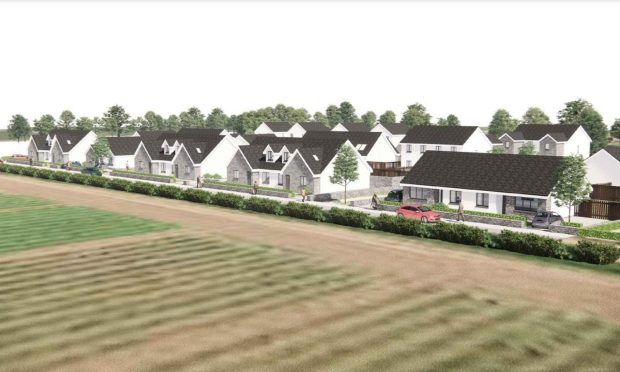





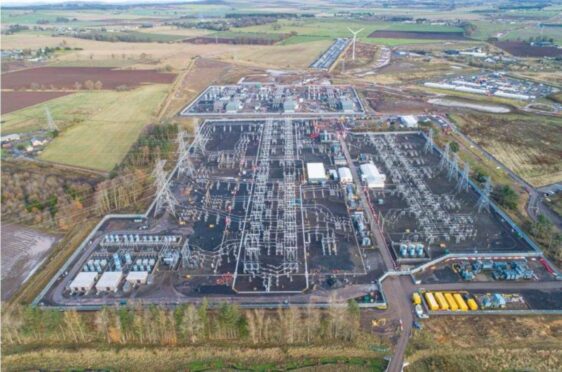
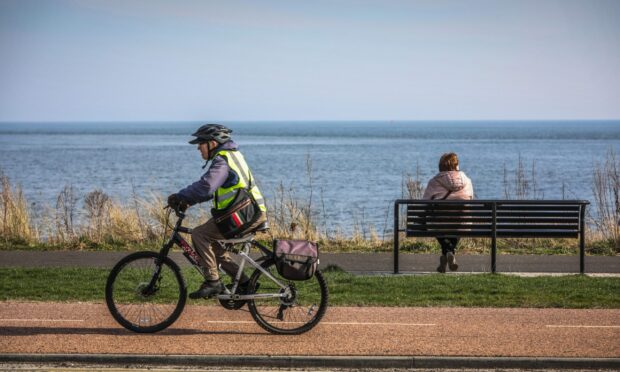
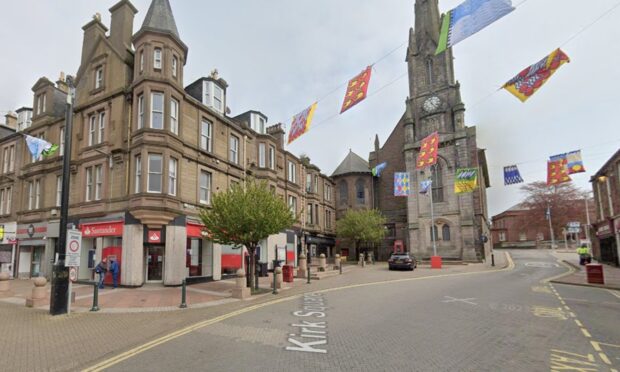
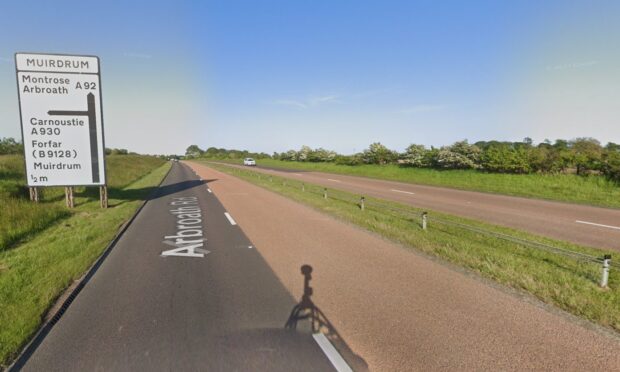
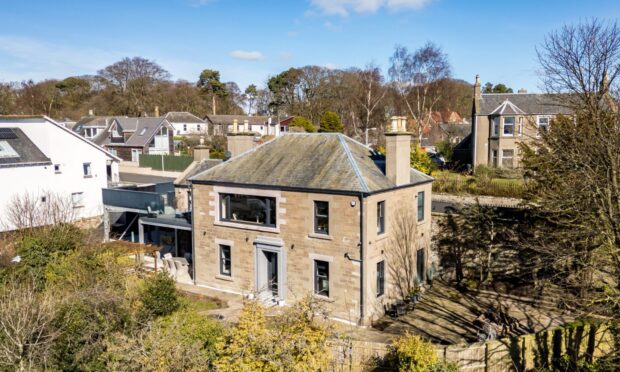



Conversation